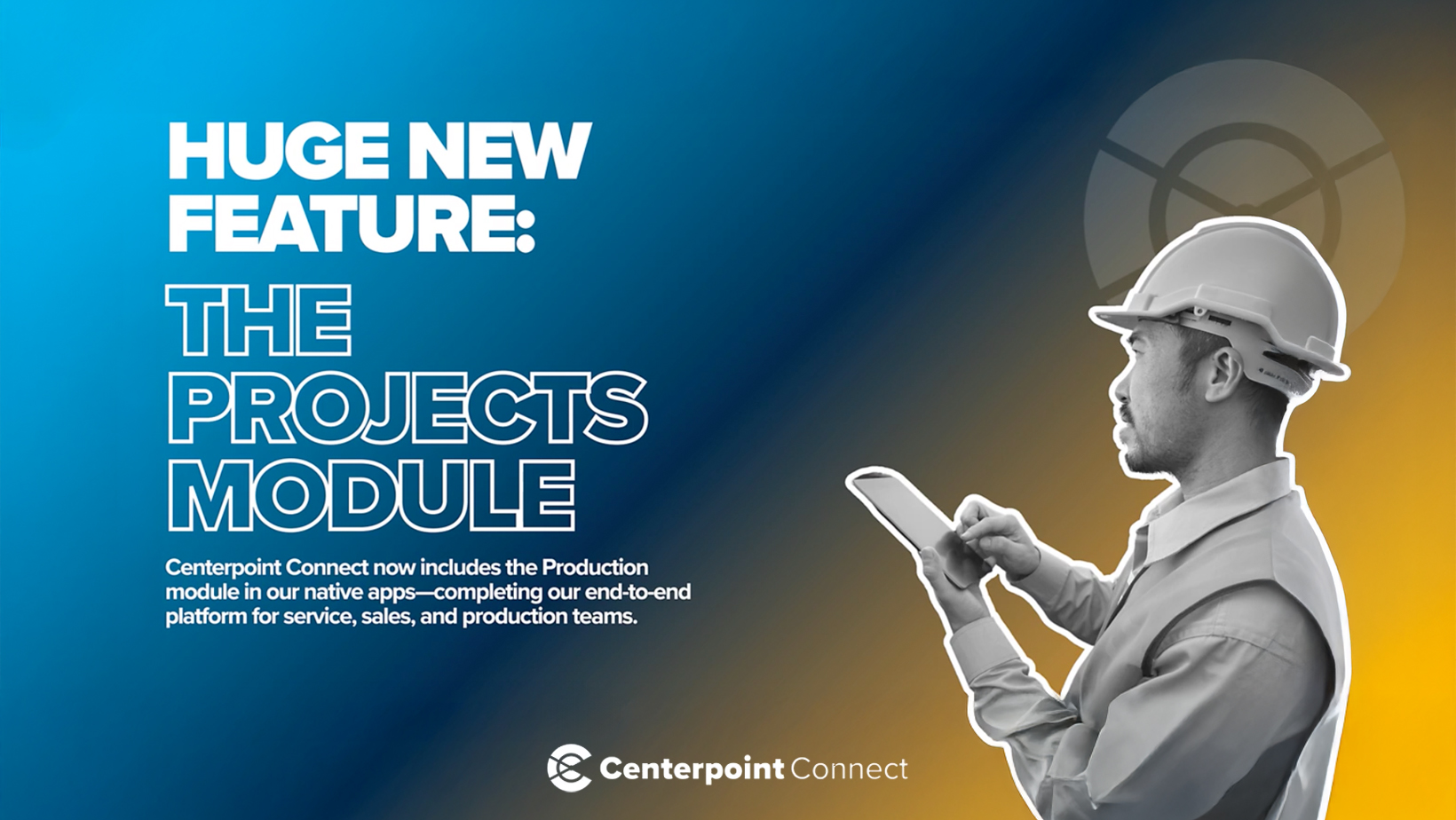Customer: “I’m sorry you’ve wasted your time. We’re very happy with our current contractor.”
It’s never easy to find a silver lining when you run into such a flat-out rejection. Nothing’s ever perfect. For most clients, telling you they’re satisfied with their current contractor is a polite way of saying, “I’m really busy right now and don’t want to waste time talking to you”.
For these people, the key is persistence, as it is with most objections. That’s because in truth people are never fully satisfied with what they’ve got. They don’t want to mess with the hassle of changing contractors (paperwork, requirements, and new contractor {vendor} set-up in accounting software).
-
- Don’t make assumptions.
- Focus on facts.
- Look for the problem to be solved.
- Figure out how your product or service can solve the problem better.
 Look for clues.
Look for clues.
Customer: “I don’t want to take up any more of your time. We’re happy with the contractor we’re using right now.”
Salesperson: “I understand. I wonder if I could just ask you a couple of quick questions.”
Customer: “OK.”
Salesperson: “How long have you been using your contractor?”
Customer: “About 5 years.”
Salesperson: “Have you been provided with timely delivery in those years?”
Customer: “Uh…yeah.”
Salesperson: “Does that include the rainy season in July and August?”
Customer: “Well, everyone’s a little behind during that time.”
Salesperson: “I see.”
 *Note: Here’s the clue. Gather more information.
*Note: Here’s the clue. Gather more information.
Salesperson: “I wonder if you would tell me about a time when the contractor was late on fixing roof repairs during the rainy season. It’s a pretty busy time for you with back-to-school shoppers.”
Customer: “Well, last back to school, we didn’t receive service for emergency repairs for 4 to 5 days after that we requested it. That was tough. We had 5-gallon buckets in a lot of our locations. Some ceiling damage in newer stores. It’s a slip and fall hazard. But I think every contractor was having a rough time because of the weather problems and amount of rain we had.”
Salesperson: “Yes, I remember. We had to struggle, but with some good organization and determination we made all our service level agreements on time.
Customer: “Really?”
Salesperson: “Absolutely.”
 *Note: Now the seed is planted in the prospect’s mind.
*Note: Now the seed is planted in the prospect’s mind.
Salesperson: “Was this the only time you had the problem?”
Customer: “There were some issues in the spring but those got resolved.”
Salesperson: “I’m glad to hear it. Did those problems cause you any problems?”
Customer: “Well, a bit. We have just updated a couple of our stores and we had leaks. My boss’s boss was furious. He made an unplanned visit to stop by one of the refurbished stores and there were issues with the ceiling and one wall. A couple of buckets were in the store sitting on hardwood. If the contractor was on time instead of 6 days late, the boss would have been in the store after the leaks were fixed. There would have still been minimal damage (not as extensive when the boss was there), but we may have repaired that quickly too.”
Salesperson: “Nothing is more important than maintaining our on-time service to our customers.”
It’s important to make the customer aware that significant resources (their costs) are involved when another contractor is not performing.
- The current contractor is wasting the customer’s time. Time is money.

- The current contractor is exposing them to risk that could translate into lost dollars or higher insurance premiums.
- The current contractor is costing them their reputation with their boss – not fixing a problem.
*Note: Never badmouth the competitor.
| Client Personality | Client Attitude | Sales Tactic |
|
Dominant
|
|
|
|
Influence
|
|
|
|
Steadiness
|
|
|
|
Conscientious
|
|
|








